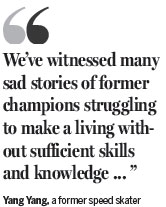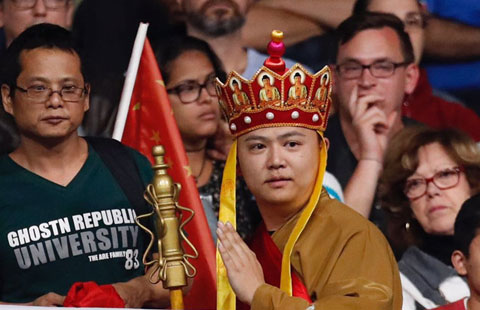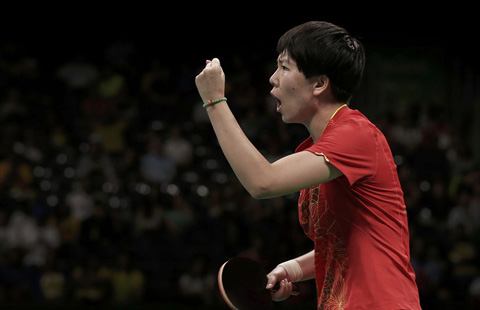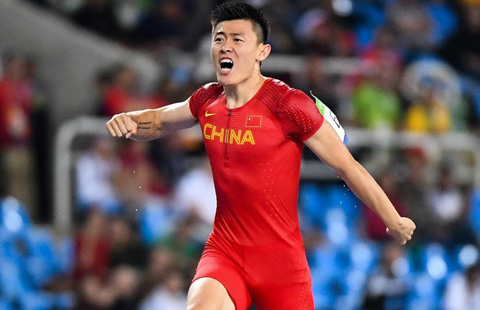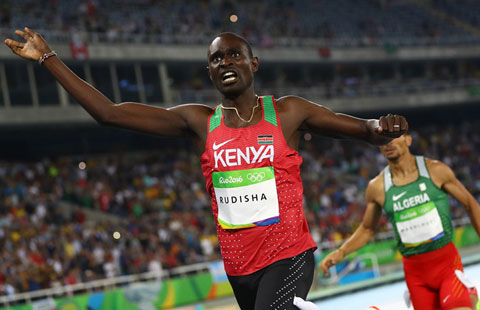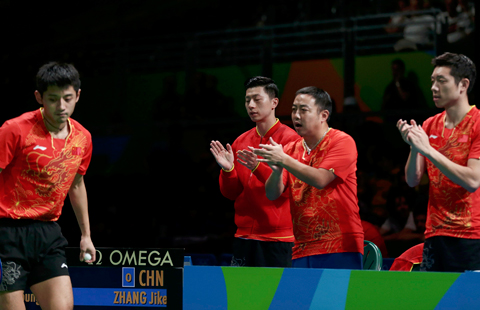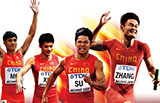Athletes look to life beyond sports
By Sun Xiaochen (China Daily) Updated: 2016-08-17 07:33But lack of education hampering transition to new careers
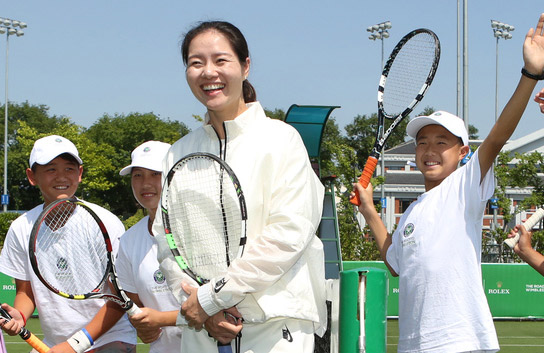 |
|
Two-time Grand Slam winner Li Na at a promotional event in Nanjing, Jiangsu province, on May, 2016. Wang Rongjiang / For China Daily |
With the 2016 Rio Olympics drawing to a close on Sunday, a group of Chinese athletes have set their sights on retirement or taking indefinite leave from sports after years of rigorous training, sometimes at the cost of family life.
Following the practice of their predecessors, champion athletes still favor offers from within the country's State-run sports system to become coaches and team management officials, extending their athletic skills to help a new generation.
All national teams in China's six strong events - including table tennis, badminton and gymnastics - competing in Rio are guided by former champion head coaches.
"That's why Chinese table tennis could continue to dominate the world for ages, because they chose to stay to pass on their knowledge and experience," said Zhang Jike, men's table tennis singles silver medalist in Rio.
He was referring to his head coach Liu Guoliang, a three-time Olympic champion at the 1996 Atlanta Games.
Many of China's former sporting heroes have become government or sports management officials, operating in their respective fields.
According to the General Administration of Sport of China, 163 Chinese Olympic champions had retired by last month. Beijing newspaper The Mirror found that nearly 60 percent of them had been employed as officials by government departments.
Notable athletes who have become officials include four-time Olympic champion table tennis player Deng Yaping. In 2009, she was appointed a deputy secretary of the Beijing Municipal Committee of the Communist Youth League of China before being moved to the post of secretary-general of People's Daily.
Wang Li, a sports management professor at Beijing Sport University, said: "To appoint high-profile former athletes, especially those from the country's traditional events, as officials is a reward for their hard work as well as a common practice to promote the solidarity embodied by their careers."
With the boundary between sports and entertainment becoming blurred, the new generation of sports celebrities, such as star swimmer Sun Yang, have sensed an opportunity to embrace showbiz.
